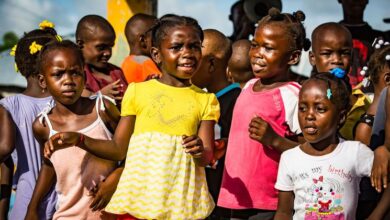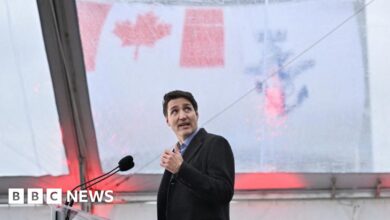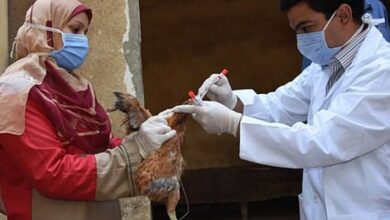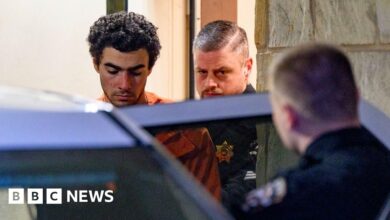Campaigner at UN desertification meeting says: ‘There is no life without land’

Asmaa Niang, who is from Morocco, spoke with UN News at the United Nations Convention on the Control of Desertification (UNCCD) called COP16 and explains why as an athlete, she has “a responsibility to give back and inspire others to protect the land.”
As a 5-time African judo champion and Olympian in Rio de Janeiro (2016) and Tokyo (2020), she knows a lot about resilience and how to defeat opponents, experience which she has used to combat desertification in Morocco and around the world.
“Judo is a sport based on a positive philosophy of life, it is also a sport of resilience,” she said. “So I have a responsibility to give back to society by using this experience to inform people about desertification issues and inspire them to take action.”

Mali, in the Sahel, is facing the challenge of desertification
Globally, UNCCD says “the future of our lands is at stake,” as 100 million hectares (the size of Egypt) of healthy and productive land are degraded each year.
Droughts are becoming more frequent and three in four people in the world are expected to face water scarcity by 2050.
The loss of land is affecting people around the world and especially nomads in Morocco and other countries that Asmaa Niang visited.
“Nomadic groups are symbols of freedom,” she said, because of their wandering lifestyle. “In Morocco, Kenya and Mongolia, I have seen how desertification and drought have left them extremely vulnerable and changed their way of life,” adding that “the Their freedom is tied to our freedom, because we all depend on the land to live.” survive.”

UNCCD has been working with athletes since the Paris Olympic Games as part of the program Sports4Land campaign, leveraging their reputation and influence to advocate for communities affected by desertification and land loss, and highlight local and global solutions to restore land and use land in a more sustainable way.
“Healthy soil provides nearly 95% of the food we eat. It gives us shelter, livelihoods and protects us from escalating droughts, floods and wildfires,” UNCCD said.
Policymakers, experts, the private sector and civil society as well as youth and sportspeople came together in Riyadh to focus on a number of goals, including accelerating the recovery process. Restore degraded lands by 2030 and beyond.
According to UNCCD, “Restoring our lands is not just about improving the environment but also about creating a better quality of life, ensuring food security and promoting sustainable growth.”

Turkana district in northern Kenya regularly faces drought.
As droughts, floods and wildfires become more frequent and intense around the world, population growth and unsustainable production and consumption patterns are driving demand for natural resources .
By 2050, 10 billion people will share the planet and their livelihoods depend on healthy soil.
“I see everyone participating in this meeting,” Judo Olympian Asmaa Niang said, “and if everyone makes even small changes, such as changing consumption patterns, eliminating plastic , then we can treat the earth in a kinder way and build greater resilience.”




